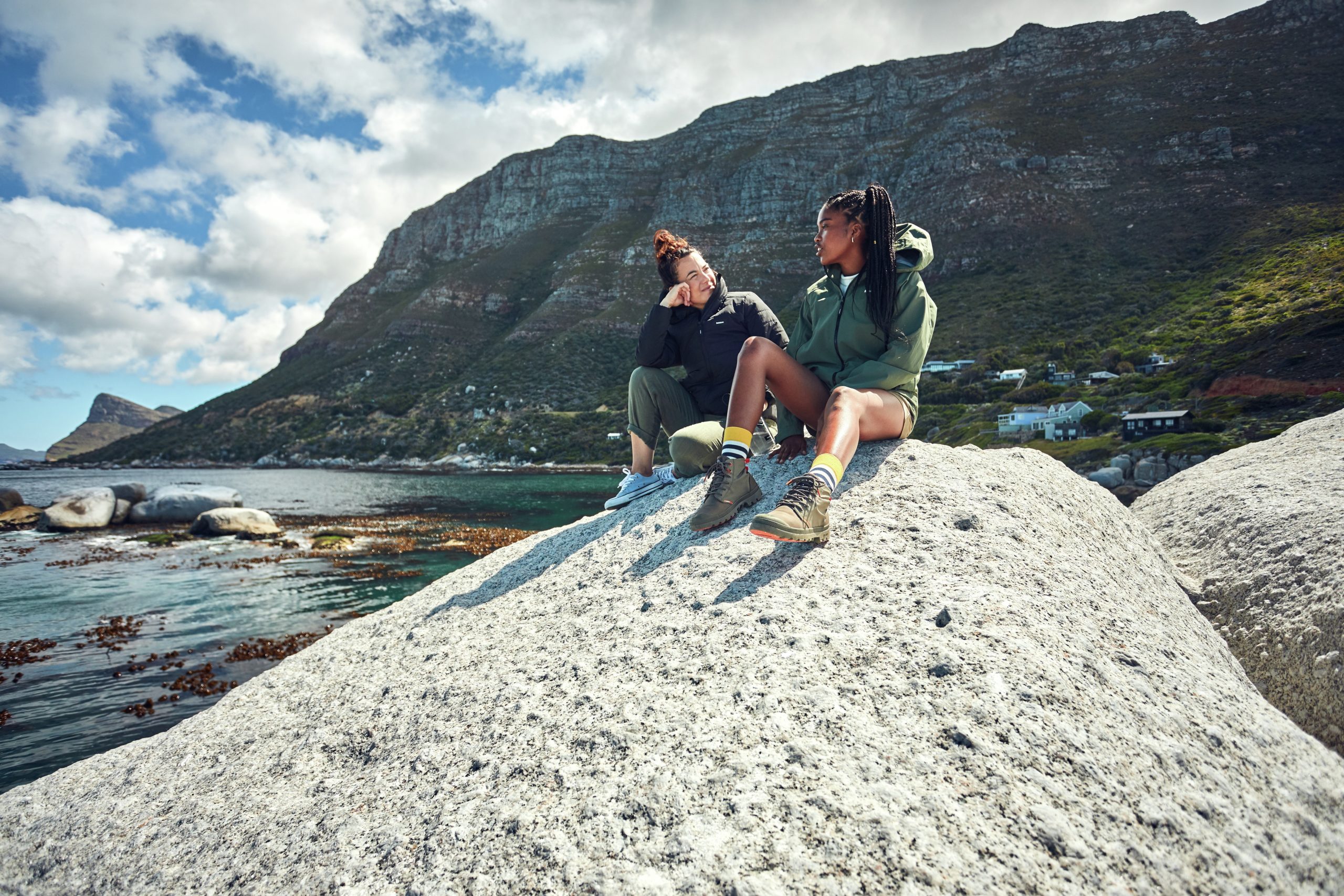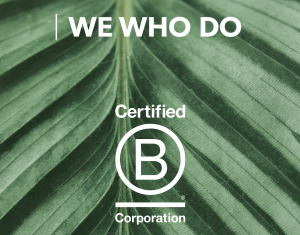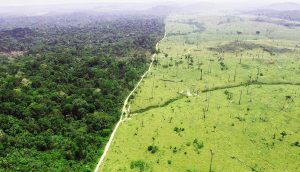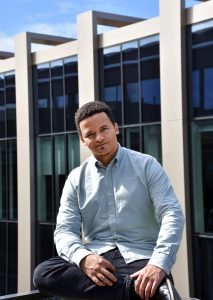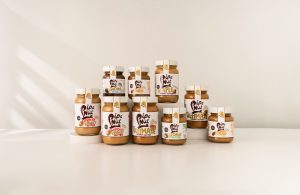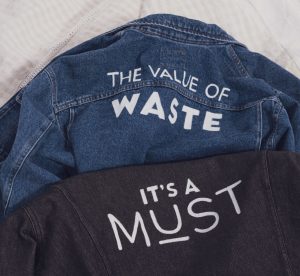Tom Kay, founder and CEO, first had the idea for Finisterre back in the 1990s when sustainability wasn’t even on people’s radars, let alone in their wardrobes! He felt oceanwear was dominated by flip flops and board shorts, and didn’t represent the vastness of British weather or culture. Not only did competitors focus on action sports and competitions rather than normal people, but they also lacked the true essence of the great, British outdoors. As a keen sailor and windsurfer, Tom brought his love for the ocean to life in 2003, with Finisterre meaning “end of the earth” in French.
Debbie Luffman joined the team back in 2008 as Head of Design, and after years of working with high street fashion brands, has never looked back.
Read my interview with Debbie, Product Director, below:
Can you tell us a bit about Finisterre’s product strategy and what makes it unique?
Debbie: Since day one we have taken a pioneering approach to make better and more sustainable products: challenging and innovating, and seeking alternatives to what has gone before. We’re committed to making informed decisions about our impact and are constantly trying to push boundaries to make the best product we can.
Since 2016, we’ve switched to organic cotton, recycled polyester and Econyl(R) regenerated nylon for our products. We partnered with Aquapak to create an innovative packaging solution, and in 2019, we led the way as an industry-first by eliminating the final piece of non-degradable plastic from our packaging line. We have now completely shifted to Leave No Trace bags and all our packaging can break down harmlessly into non-toxic biomass in the soil and sea: meaning that we not only protect our goods, but we also protect the planet in a non-toxic way.
Our uniqueness comes in our quality and imagery, which is focused on lifestyle and authentic experiences. As a result, we aren’t tied to any age or gender, and it is hard to define a demographic for Finisterre. Although we aren’t a stereotypically Cornish brand, Cornwall is our lighthouse – it is the coast and inspiration for a lot of what we do. You also can’t get Finisterre products from your standard wholesaler, and we pride ourselves on the highest standards and durability. Our products are designed to last a lifetime – and even multiple lives!
The past year has been crazy for most companies, but how has Finisterre adapted and expanded?
Debbie: 2020 was one hell of a year for Finisterre. Not only have we been super efficient with our ways of working, but we have also spent a lot of time innovating.

In a lot of ways, the pandemic has worked in our favour and brought us all closer to nature. Having constant ‘screen time’ with work and social life, people now want to disconnect and be ‘free’ like never before; for many of us, being in nature brings that escapism. And with the gyms being closed and team sports cancelled, outdoor exercise is the only release people really have! This has meant a greater demand for our products.
As you can imagine, we’ve shifted our focus to digital growth, enabling us to expand our reach. For instance, Finisterre used to run in-person, local yoga and fitness classes, which could have a dozen attendees. Now with the shift to digital, it’s reach is truly global. We now have hundreds of people engaging with our brand at events.
We’re also launching a re-commerce platform! Rather than making a swap shop, which isn’t scalable, we wanted to build an agile retail structure, where as well as our customers getting their products repaired, (which we have been doing for over a decade) people can trade in and buy pre-loved Finisterre. This is something that we are super excited about launching.
How do you think consumer behaviour has changed as a result of the pandemic?
Debbie: I think people generally have more confidence in online shopping. Whereas people would have typically preferred to try on clothes before they bought them, we now no longer have that luxury and must have confidence in the brands we’re buying from.
Consumer behaviour has become less about clothes you buy for your Friday night out, but more of the clothes you wear for your Saturday morning run or family stroll. This is a huge consumer shift.
Can you tell us a bit about Finisterre’s relationship with sustainability?
Debbie: We were born with a firm commitment to have nature at our core and it’s been interesting to watch a heightened focus on sustainability from brands in recent years. Sometimes I worry the noise may just be confusing the customer. In a lot of ways, I think consumers and the media have some work to do in understanding how goals need to be met. In order for companies to become more sustainable, they need to put in the time and may need to unravel a lot of different supply chains. We can’t oversimplify it as a choice of either polluting or green; we need to have greater sympathy for the nuances.
Our focus at Finisterre is on assessing the impact of our materials. We know this isn’t an easy task and a lot of groundwork needs to be done. Our carbon footprint, for example, is something we are very conscious of as we grow as a company. We are therefore dedicated to growing in a way that is sustainable and makes sense: conscious of the complexity that goes alongside sustainability targets and net zero goals.
Innovation is changing at an alarming, but positive, rate. We hope that with investment and hard work, we can encourage business models to be based on circularity, and in turn, consumer demand will rise for quality products. In general, I think we all need to ask better questions to greenwashers and demand better science to make better products.
Finisterre is a hopeful brand and aims to demystify climate change. Sometimes it can feel bleak and confusing, but we want our brand to have a positive impact and inspire collective activism by bringing people closer to nature.

